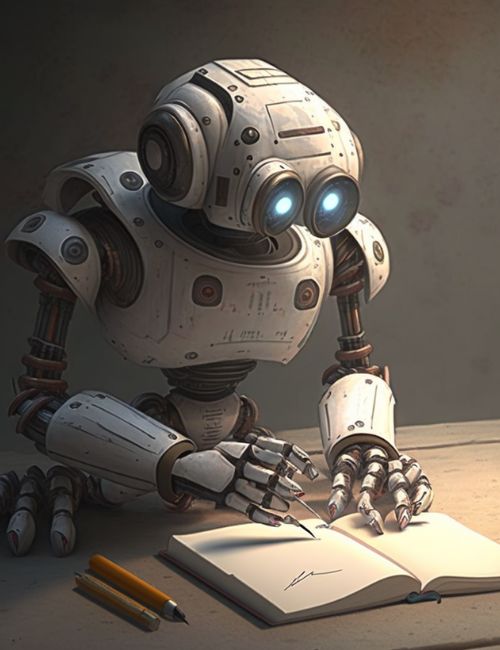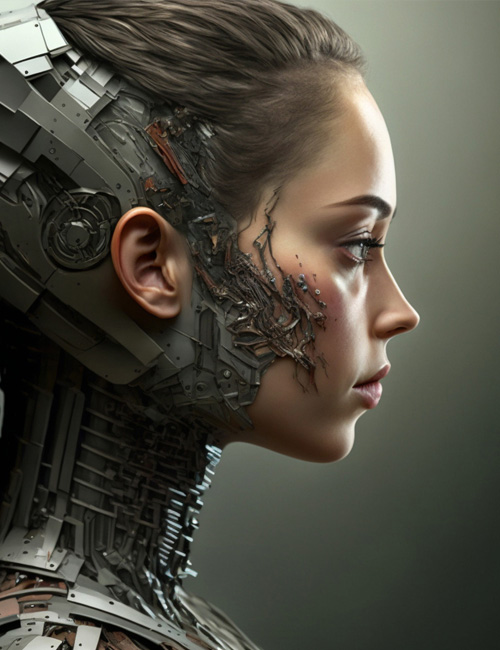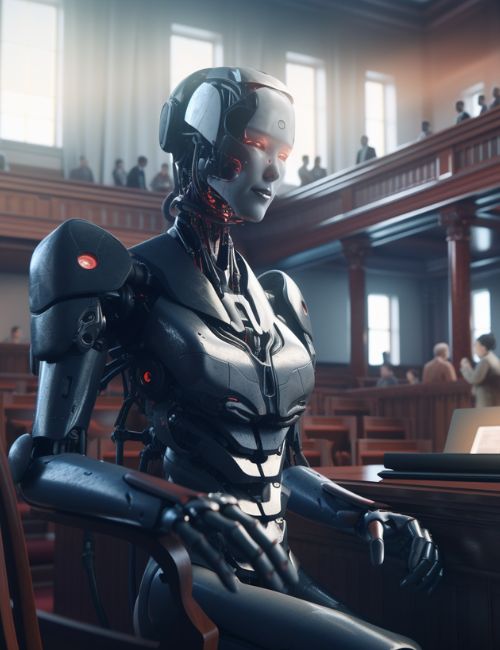Introduction
Bill Gates, the co-founder of Microsoft. Recently, Gates published a seven-page letter titled "The Age of AI has Begun," as well as an op-ed discussing the revolutionary potential of AI. In these writings, Gates expresses his excitement about AI and its potential to transform various industries and improve lives worldwide.
"The development of AI is as fundamental as the creation of the microprocessor, the personal computer, the internet, and the mobile phone" Gates wrote.
He believes that AI will bring about significant changes in how people work, learn, travel, access healthcare, and communicate.
Gates' Overall opinion on AI
In his letter, Gates identified three sectors where AI could be particularly transformative: the workforce, healthcare, and education. He envisions AI serving as a "digital personal assistant" to enhance employee productivity, a tool to alleviate healthcare workers' administrative burdens, and a way to deliver personalized learning experiences for students.
Gates stated, "As computing power gets cheaper, GPT's ability to express ideas will increasingly be like having a white-collar worker available to help you with various tasks." This vision of AI in the workplace could lead to significant changes in job roles and responsibilities.
Healthcare
Regarding healthcare, Gates sees AI as a way to address global health inequities, particularly in economically disadvantaged regions. He argued that AI systems could accelerate medical research and potentially create tools to mitigate diseases like AIDS, TB, and Malaria. Furthermore, Gates wrote that AI could help design seeds tailored to local climates and develop vaccines for livestock, which would be crucial as climate change continues to affect subsistence farmers in low-income countries.
Education
When discussing education, Gates said, "Even once the technology is perfected, learning will still depend on great relationships between students and teachers. It will enhance — but never replace — the work that students and teachers do together in the classroom." Gates believes that AI could transform education within the next five to ten years by delivering content tailored to a student's learning style and assessing their comprehension of classroom topics.
Risks associated with AI
Despite his enthusiasm for AI, Gates acknowledged potential concerns and risks associated with the technology, including misuse by humans and the development of superintelligent AI that could "establish their own goals." To address these concerns, Gates proposed a series of principles to guide the conversation around AI, emphasizing the importance of policies and philanthropic efforts to ensure AI benefits everyone and reduces inequality.
In his op-ed, Gates wrote, "Humans make mistakes too. And having no access to medical care is also a problem." This perspective highlights the need to balance the potential risks of AI with the benefits it could bring to underserved populations.
Gates also expressed excitement about the prospect of superintelligent AIs, stating that they are "in our future." However, whether their impact on society will be positive or catastrophic remains to be seen.
Bard
Gates also addressed the role of AI in the ongoing AI arms race, mentioning Google's recent release of its AI chatbot, Bard, and the much-anticipated evolution of OpenAI's AI model, GPT-4. Microsoft, the company Gates co-founded, has invested over $10 billion in OpenAI, indicating the tech giant's commitment to advancing AI research and development. As AI becomes more integrated into our daily lives, Gates emphasized the need for collaboration and cooperation among tech companies, governments, and other stakeholders to create a balanced AI ecosystem that benefits all of humanity. He argued that AI should be used to "help the poorest" and reduce inequality, rather than exacerbating existing disparities.
The Future of Jobs
In the workforce, Gates predicts that governments will need to "help workers transition into other roles" as AI takes on tasks like drafting emails, monitoring schedules, and taking notes. He argued that the ensuing workplace shifts will ultimately create new opportunities for humans to fill roles where software cannot, such as "caring for patients and supporting the elderly."
Conclusion
Bill Gates sees AI as the most important technological advance in decades, with the potential to revolutionize industries and improve lives across the globe. As AI continues to develop, it will be crucial for governments, organizations, and individuals to work together to ensure that its benefits are realized while mitigating potential risks.
"This new technology can help people everywhere improve their lives," Gates wrote. "At the same time, the world needs to establish the rules of the road so that any downsides of artificial intelligence are far outweighed by its benefits."
There's one thing for sure, the next few years will be quite a interesting time for AI technology.
Leave a Reply
Do you share the same opinions as Gates on AI?






